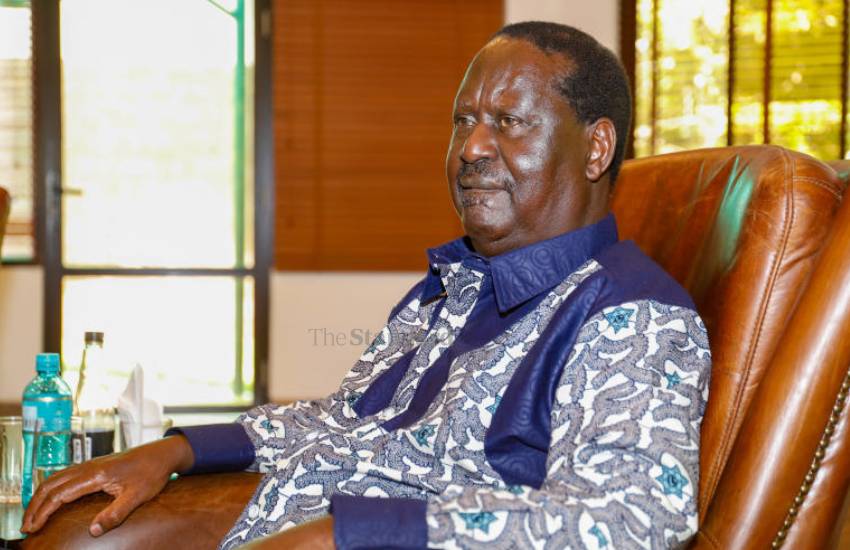
Stuck with President Uhuru Kenyatta in the push of the Building Bridges Initiative (BBI) against a simmering internal revolt in his party, Opposition chief Raila Odinga finds himself and his 16-year old Orange Democratic Movement (ODM) in a politically do-or-die situation.
So delicate is the situation that last Monday, Raila reportedly advised Senate Minority Leader James Orengo to drop his hard stance and suspicions on his ties with President Kenyatta. The ODM leader is said to have directed Mr Orengo to personally talk to the president for further clarification and retraction of his intention to push for amendments to the BBI Bill. The Standard was, however, unable to independently establish these facts as our calls to Orengo went unanswered.